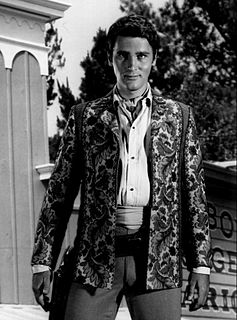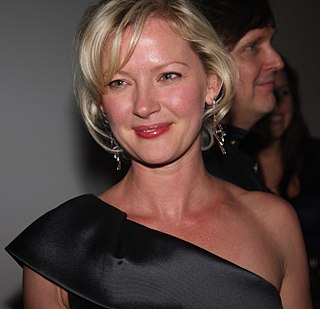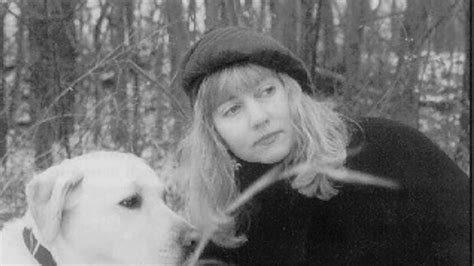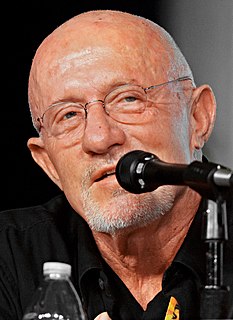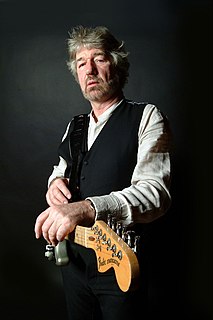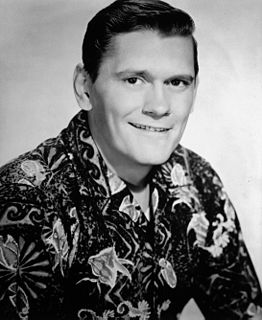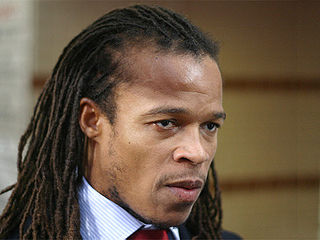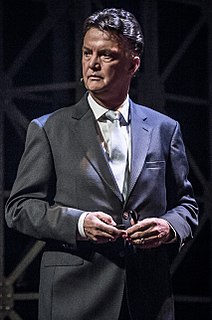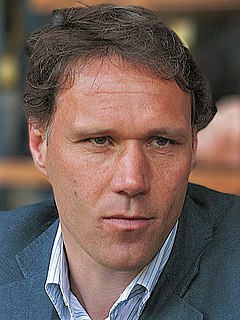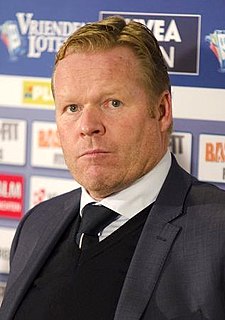A Quote by Robert Wolders
She didn't hide her relationship with Albert Finney. I can't imagine two people who were better suited, but thank God it didn't work out, or she and I would never have met.
Related Quotes
One thing I did have under my belt was, my mother lost her mother when she was 11. She mourned her mother her whole life and made my grandmother seem present even though I never met her. I couldn't imagine how my mom could go on but she did, she took care of us, she worked two jobs and had four children. She was such a good example of how to conduct oneself in a time of grief. When I lost my husband, I tried to model myself as much as I could on her.
She'd assumed she'd be married and have kids by this age, that she would be grooming her own daughter for this, as her friends were doing. She wanted it so much she would dream about it sometimes, and then she would wake up with the skin at her wrists and neck red from the scratchy lace of the wedding gown she'd dreamed of wearing. But she'd never felt anything for the men she'd dated, nothing beyond her own desperation. And her desire to marry wasn't strong enough, would never be strong enough, to allow her to marry a man she didn't love.
From the first time he'd met her, he'd sensed an air of contradiction about her. She was very much a woman, but still retained a waiflike quality. She could be brash, and at times deliberately suggestive, yet she was painfully shy. She was incredibly easy to get along with, yet she had few friends. She was a talented artist in her own right, but so self-conscious about her work that she rarely completed a piece and preferred to work with other people's art and ideas.
Someday you'll remember what I said and you'll thank me for it." Francie wished adults would stop telling her that. Already the load of thanks in the future was weighing her down. She figured she'd have to spend the best years of her womanhood hunting up people to tell them that they were right and to thank them.
God bless my mother - she's long gone now, but she'd work all day and go to school at night. She started out in life as a housekeeper at 15 years old, totally on her own, and she retired as a college professor. But there were some hard times. It's not easy for a woman who's only trying to do the best for her kid but who could never be home.
The casting director on the movie made me aware of her. She told me what to watch Starter For Ten, which I did and thought she was great in. She was just so charming and beautiful. But I felt she could probably look plain if we tried. And when I subsequently met with her, I was so charmed by her vulnerability and sweetness. Those were two qualities that were the most important for that character.
She writes that one of the moments that she felt most useful was when her mother had a headache, and she would stroke her head and rub her forehead. And I think Eleanor Roosevelt's entire life was dedicated to two things: (one) making it better for all people, people in trouble and in need, like her family.
She divorced her husband, y' know. I never knew him, it was before I met Jane. Apparently she came back from work one mornin' an' found her husband in bed with the milkman. With the milkman, honest to God. Well, apparently, from that day forward Jane was a feminist. An' I've noticed, she never takes milk in her tea.
At night, the house thick with sleep, she would peer out her bedroom window at the trees and sky and feel the presence of a mystery. Some possibility that included her--separate from her present life and without its limitations. A secret. Riding in the car with her father, she would look out at other cars full of people she'd never seen, any one of whom she might someday meet and love, and would feel the world holding her making its secret plans.
